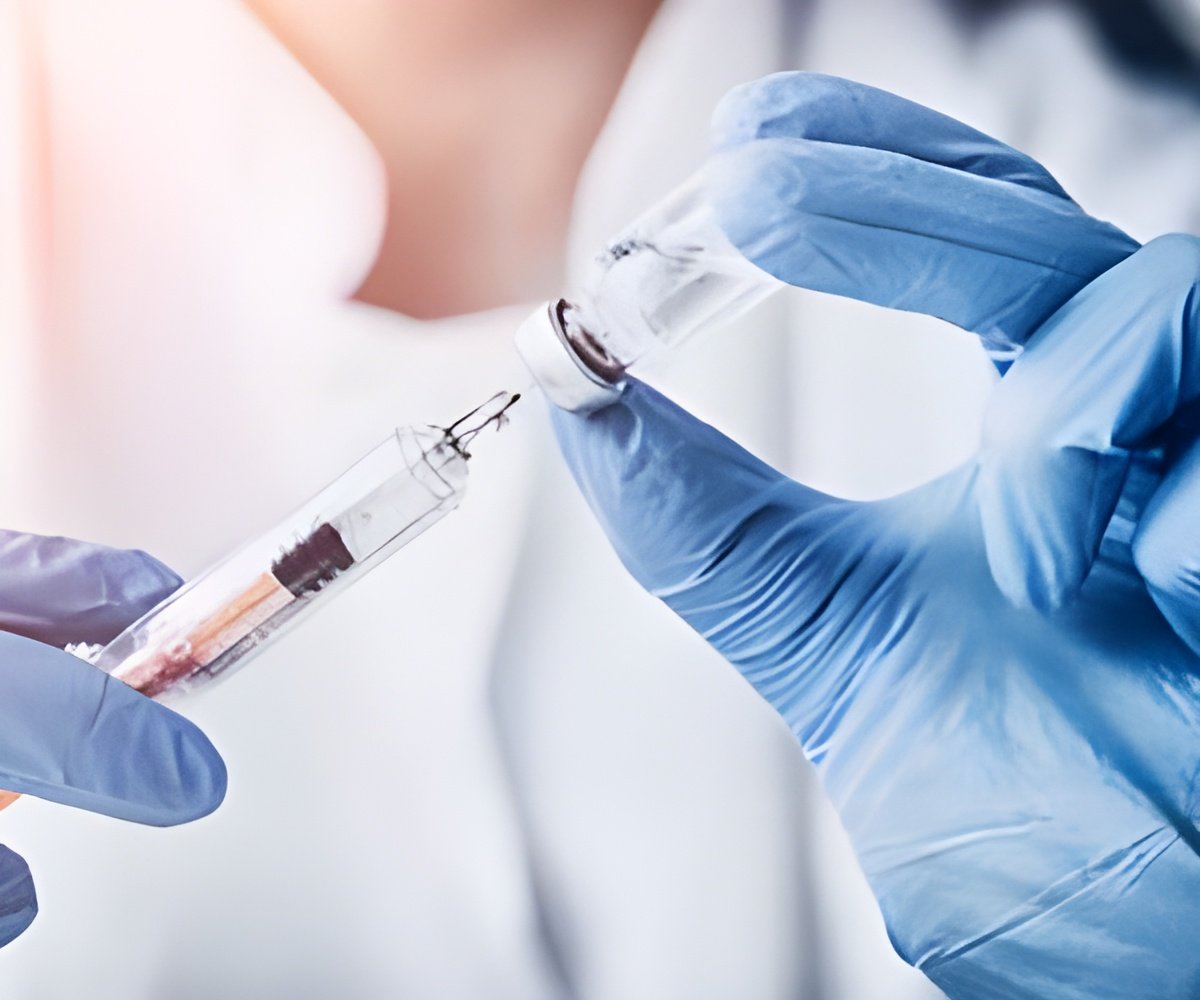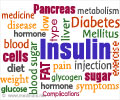Human insulin can be safe and effective to treat type 2 diabetes than costlier insulin analog.

‘Human insulin can be safe and effective to treat type 2 diabetes than costlier insulin analog. Insulin analogs are more expensive than human NPH insulin.’





"We found that for patients with type 2 diabetes in usual practice, the use of the more expensive insulin analogs did not appear to result in better safety -- at least as defined by the hospital or emergency visits for hypoglycemia -- or better blood sugar control compared with NPH insulin," Lipska added. "This suggests that many people with type 2 diabetes should consider starting with NPH insulin, instead of insulin analogs, especially if cost is an issue for them."For the estimated 29 million Americans with diabetes, treatment of type 2 diabetes typically begins with lifestyle modifications and metformin, a pill that lowers the amount of sugar in the blood. However, up to 25% of diabetes patients eventually require additional insulin injections to control their blood sugar.
"For decades, people initiating insulin treatment were prescribed human insulin," said Andrew J. Karter, a senior research scientist with the Kaiser Permanente Division of Research. "Then in the 2000s, a new generation of long-acting insulin analogs emerged that were designed to mimic human insulin."
Like human insulin, long-acting insulin analogs can be prescribed as daily or twice-daily injections to help provide predictable levels of blood sugar throughout the day. In clinical trials, insulin analogs modestly reduced the risk of nocturnal hypoglycemia, or low blood sugar during sleep, compared with human insulin.
"The problem is that insulin analogs are much more expensive than human NPH insulin," said Lipska. A vial of insulin analog now costs about $200 to $300, while a vial of NPH insulin costs just $25. The cost of analog insulin has tripled nationally between 2002 and 2013. Dr. Karter's research has shown that high out-of-pocket cost of medications, especially at the time of initiation, are linked to poorer adherence, which directly affects outcomes for diabetes patients."
Advertisement
"The cost differential between analog and NPH insulins is huge, up to a 10-fold difference," Karter said. "Some people with type 2 diabetes may find the potential benefits of insulin analogs worth the additional cost. But we found no population-level evidence to suggest that the extra expenditure is warranted for most people with type 2 diabetes, particularly when the high cost could prevent some of them from getting the treatment they need or divert resources away from other, potentially beneficial clinical interventions."
Advertisement















